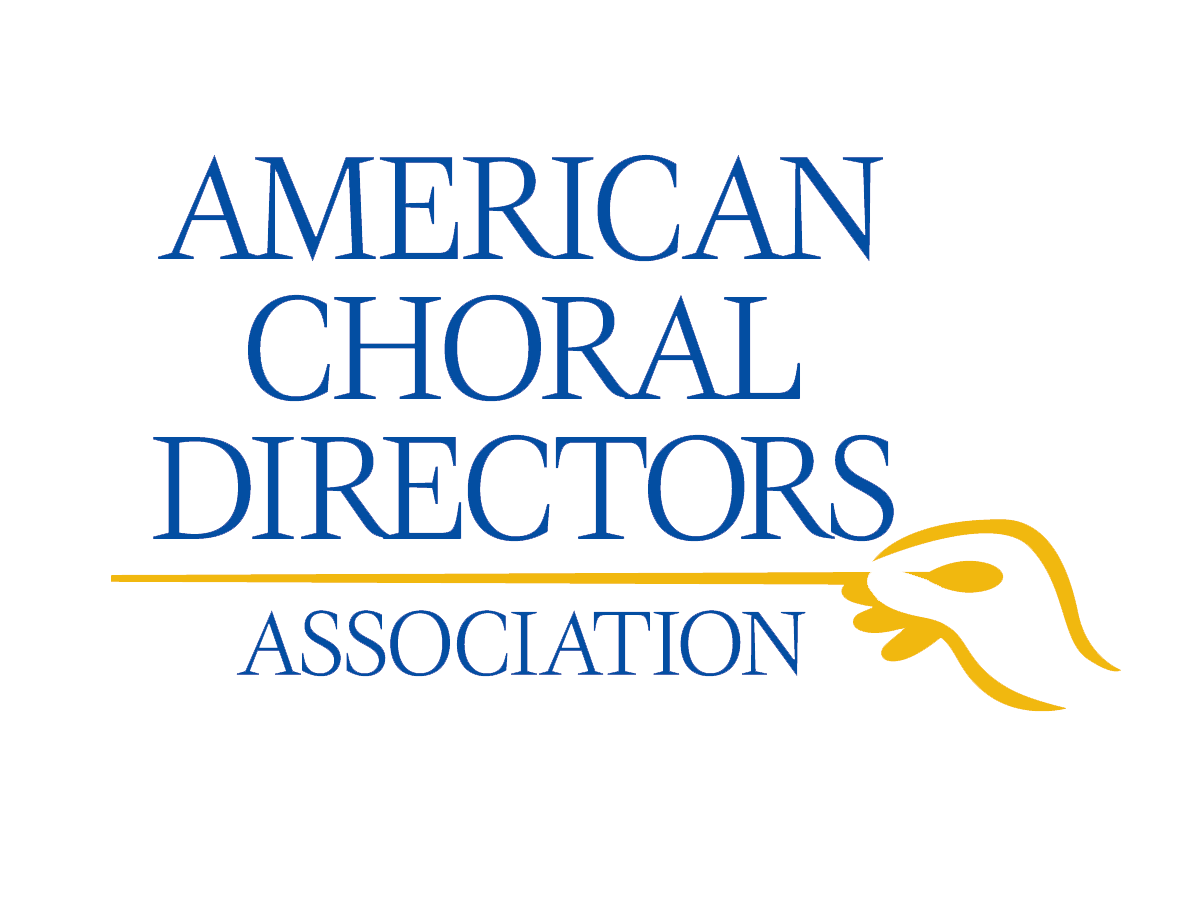Working with singers during the voice change is one of the most daunting challenges of teaching adolescent-aged ensembles. The most important foundations of successfully guiding singers through this time lie in two categories which will be explored in this session: common vocal challenges and their physiological roots, and voicing and grouping ensembles for healthy pedagogical growth and success. The session will begin with attendees playing the role of pedagogue or diagnostician as they listen to audio samples of many common vocal challenges that changing voice singers face. With the presenter, attendees will assess the technical issues the singers experience and determine their connections to the physiology of the voice change based on the research of leading changing voice pedagogues, Lynn Gackel, Bridgett Sweet, John Cooksey, and Joanne Rutkowski. After identifying the physiological roots of these vocal challenges, participants will learn vocal exercises designed to help singers overcome each of them. Though it is true a conductor cannot eliminate the challenges of the voice change, these exercises will allow participants to ensure their singers develop strong, healthy vocal technique in spite of the challenges. After addressing the individual aspect of the changing voice, the presenter will widen the lens and explore the challenge of voicing and grouping these singers in an ensemble. This will begin by briefly overviewing the most widely accepted changing voice classification models for estrogen and testosterone dominant voices from Joanne Rutkowski and Lynn Gackle. Attendees will learn the physiological phases of the voice change as laid out by Rutkowski and Gackle as well as how to identify which of the phases their singers are currently moving through. The presenter will also stress the importance of avoiding traditional voice classification nomenclature (sopranto, alto, tenor, bass, etc) with changing voice singers explaining the pitfalls that come with the use of such terms. To close, the presenter will share his researched based method of grouping singers that avoids the use of SATB identification and allows singers to continue to develop their voice across their entire range as they move through the voice change.



